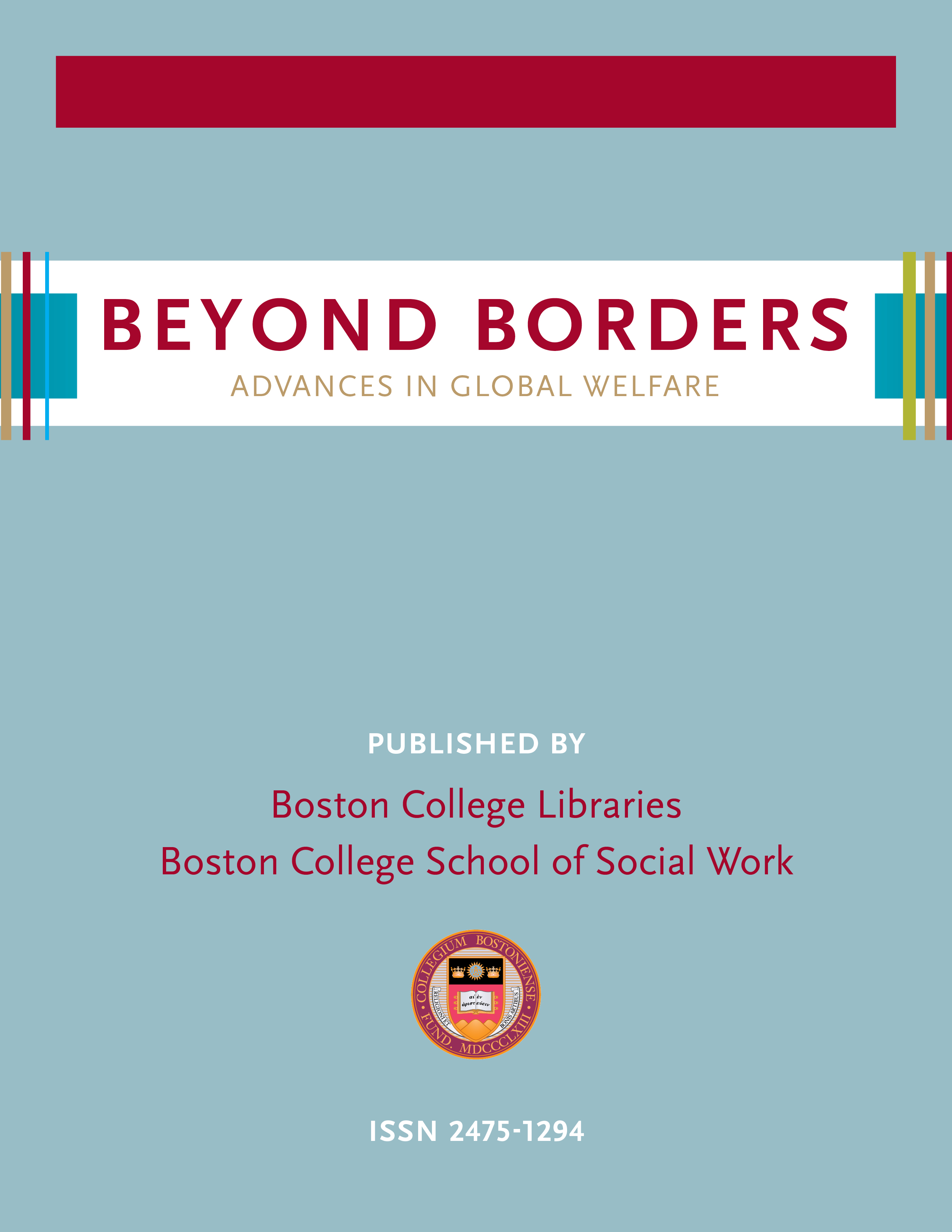Femininity and Feeding the Family in India: Adapting SDGs and the Social Work Agenda for Women and Food Security
DOI:
https://doi.org/10.6017/bbagw.v1i1.13039Abstract
This paper examines the gendered nature of practices that relate to food access and food provision predominantly within the socio-cultural context of the indian rural household. Such food practices stem from the social construction of gender roles and responsibilities that assigns the liability of feeding the family to a feminine quality and responsibility. It deliberates on the food security act of 2013 and suggests that in addressing the core vulnerability of women in accessing food, the issue of addressing economic risks should be coupled with addressing social risks in order to transform the lives of women and restore human dignity. Challenging structural causes imbedded in cultural practices that are a result of social injustices and disempowerment of women need to be carefully addressed. The conscious application of a ‘gender sensitive’ approach can emerge as a powerful practice tool to accomplish the sdgs, particularly goals that focus on zero hunger and gender equality. It suggests that integrating the mission of sdgs with that of the global agenda of social work will go a long way in mitigating the issue of gender discrimination. It will be an opportunity to
Influence appropriate gender development policies, provide suitable training possibilities and practice methods which social workers and social work educators can envisage. Eliminating gender stereotypes and misogynistic beliefs/practices in food practices should hopefully lead to a healthy and holistic development for women.
Downloads
Published
How to Cite
Issue
Section
License

This work is licensed under a Creative Commons Attribution-NonCommercial 4.0 International License.
Please follow the link for more information regarding Copyright and License Information.

